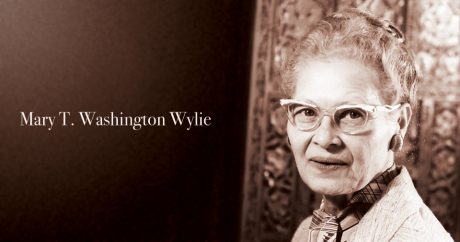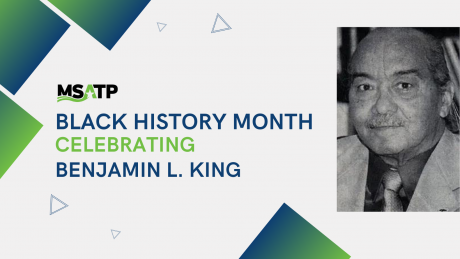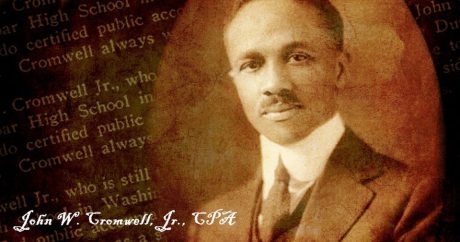Born in Nova Scotia, Canada around 1873, Christine Ross relocated to New York in her early twenties to take the CPA exam. In December of 1896, New York became the first state to offer the exam for the first time. Two years later in June of 1898, Ross sat for the exam and placed within the top three of those in her test group.
While the 11 men who also passed that exam were immediately awarded their certificate, Ross’ scores were not released and she was not awarded her certificate until December of 1899—nearly eighteen months after she had taken the exam. The New York Board of Regents had debated for some time about whether a woman should be allowed to hold the CPA title. Once they had agreed to allow Ross the CPA designation, she was issued certificate No. 143—making her the first female CPA in the United States.
Ross practiced in New York City during the early 20th century. Her clients consisted of upper-class women, women’s organizations (such as those supporting women’s suffrage), and individuals in business and fashion. Consequently, Ross’ work facilitated financial independence for many women. Not much is known about her life after she left New York, but her achievements ultimately aided the women’s rights movement during the Progressive Era and paved the way for the future of women in accounting.











